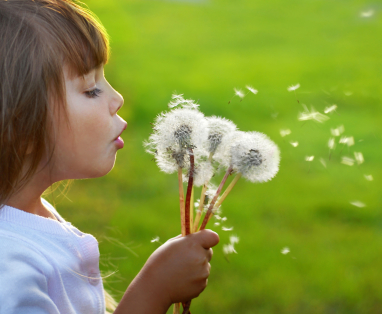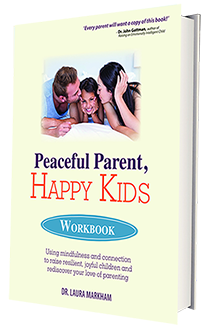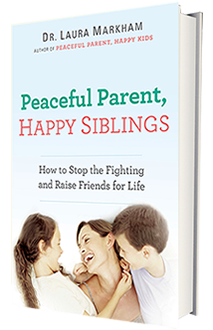
Your Preschooler and Bedtime
Wondering how to get your three, four or five year old into bed -- and how to get him to stay there all night? You're not alone!
"Anyone who thinks the art of conversation is dead ought to tell a child to go to bed."
How to Stop Your Preschooler's Whining
Is your child's whining driving you crazy? Here, six parent-proven secrets to stop your child from whining.
Preschoolers, TV, and Computer
How much TV should your Toddler or Preschooler watch? Are you ready? None. Really. I know it's a great babysitter. But it's also a very effective teacher, of many things you don't want your child to learn. More importantly, it's addictive and sabotages your child's emerging interest in reading.
Giving Choices: Your Secret Weapon
Giving choices may be the single most useful tool parents have for managing life with young children. It really is almost a magic wand, at least until they're about five.
Keeping Your Child Safe
It's a big world out there. When your child was a baby or toddler, you were always there, or you left your child in the care of a trusted, nurturing adult. But as your child gets older, you'll be holding his hand less and less. You're bound to worry a bit about his or her safety. And when kids begin to navigate the sidewalks or even public transit themselves, it can be positively nerve-wracking.
Bully-Proof Your Child
Most parents would kill to protect their children. It's during the preschool years that we learn, to our dismay, that we can't be there to protect our children from the cruelty that other kids dish out. Here's how to bully-proof your child.
Building a Great Relationship with Your Preschooler
Want to be a great parent? Want to raise a happy, healthy, well-behaved kid? Want to live in a home where discipline becomes unnecessary? The secret is to create a closer connection with your child.
The good -- and bad -- news is that every interaction creates the relationship. Grocery shopping, carpooling and bathtime matter as much as that big talk you have when there's a problem. He doesn't want to share his toy, or go to bed, or do his homework? How you handle it is one brick in the foundation of your permanent relationship.
Staying Connected with Your Preschooler
All parents need to repeatedly reconnect with their children, just to repair the daily erosion created by life’s normal separations and distractions. While our children are separated from us, they orient themselves around other things: their teacher, their peers, their computer. Effective parenting is almost impossible until the positive connection with your child has been re-established, so think of this as preventive maintenance, before there’s a problem. How do you do it?
Use Positive Discipline to Help Your Preschooler Want to Behave
The most effective discipline strategy is to make sure your child wants to please you. Evaluate all discipline based on whether it strengthens or weakens your relationship with your child. Here's how to make sure your discipline works to create a well-behaved child.
Playing with Your Child: Games for Connection & Emotional Intelligence
I know, you think you hate playing with your child. But what if I gave you permission to set a timer and forget about your To-Do list and just connect with your child for ten minutes? What if I promised that if you do this on a regular basis, your child will become more cooperative, and you will feel more energized? What if it helped you become a happier parent?
Kids are more physical than adults. When they get wound up emotionally, their bodies need to discharge all that energy. That's one of the reasons they have so much more energy than we do, so they wear us out. But we can use this to our advantage, because when we play physical games with children, they giggle and sweat and scream -- and they release the same pent-up stress hormones that they'd otherwise have to tantrum to discharge. Playing is also how kids learn, so when you "teach" an emotional lesson by playing, your child really gets it. Best of all, playing helps parents and kids feel closer.
Using Empathy to Help Your Preschooler Develop Emotional Intelligence
Empathy is feeling from someone else's perspective. It's a critical component of emotional intelligence. It's essential to our ability to get along with other human beings. And your kids need to be empathic, not just to be nice people, but because it's hard to be happy as a human without it.
Mom's 12 Step Program for Managing Your Own Separation Anxiety
You've probably put a lot of thought and effort into helping your child adjust to school for the first time. And maybe you’ve been looking forward to your new freedom. But if you’re like most moms, you’ve found yourself wiping away a tear or two as well. So for a little help managing your own separation anxiety, here’s my 12 Step Program for Moms!







